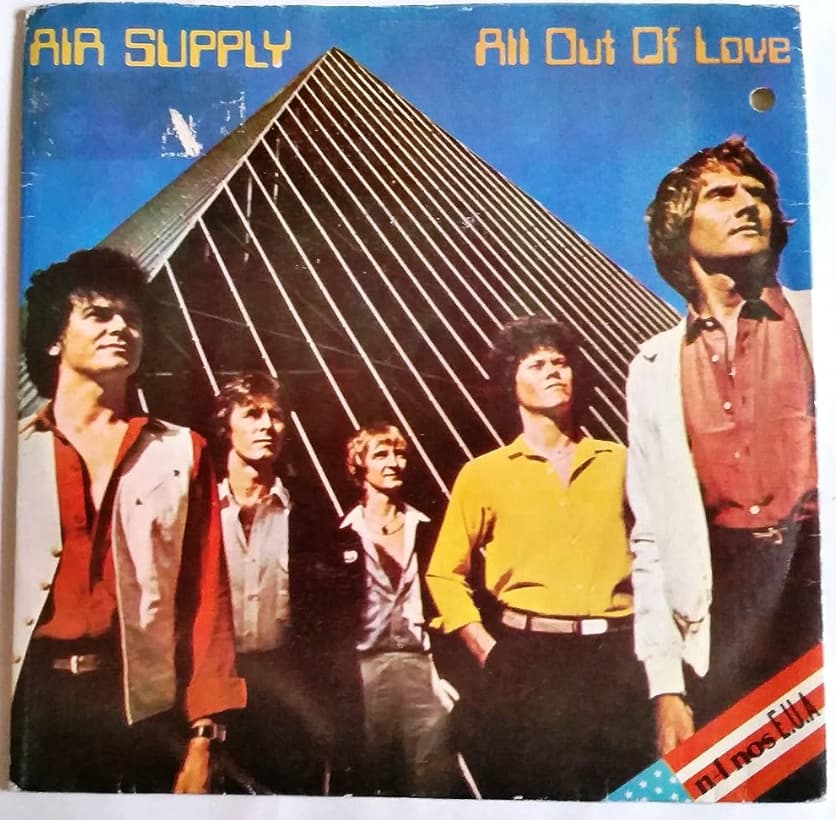
Air Supply, a duo renowned for their soft rock ballads, cemented their place in music history with the sorrowful yet dramatic hit “All Out of Love” released in 1980. This track, emblematic of heartbreak and longing, remains a poignant favorite especially for listeners aged 50 and above who resonate deeply with tales of emotional despair and love lost.
Crafted in the intimacy of Graham Russell’s Sydney apartment, the song emerged from a simple yet powerful moment at a piano specifically acquired for songwriting. This decision spawned a haunting melody paired with a high vocal range that perfectly suited Russell Hitchcock’s powerhouse voice. However, a twist in the song’s structure unveiled itself during recording: Russell took lead vocals on the verses while Hitchcock soared in the choruses, a dynamic that enriched the narrative and emotional tension.
The dual vocal arrangement symbolized a desperate plea from a man reaching out to his estranged lover, simultaneously intellectual and raw. Russell’s verses explore the torments of separation—”I’m reaching for you, are you feeling it too?”—while Hitchcock’s chorus delivers a powerful confession of remorse and despair, “I’m all out of love, I’m so lost without you.” The crescendo into Hitchcock’s upper octave in the finale shakes listeners with the intensity of a man whose world is falling apart.
The story took a fascinating turn when Clive Davis, the legendary music executive behind Arista Records, intervened to tweak the lyrics for the American audience. Originally, the line “I’m all out of love / I want to arrest you” was changed to “I’m all out of love / I’m so lost without you” to avoid misinterpretation related to law enforcement. “If you make that lyric change, it will be one of the biggest songs of the year,” Davis promised, and indeed, his suggestion secured him a rightful songwriting credit.
Air Supply’s heartfelt gift to the world through “All Out of Love” became more than just a ballad; it was a dramatic, romantic anthem echoing the pain of doubt and the yearning for reconciliation. Graham Russell’s attempt to win back the love he faltered with is etched into every soaring note and every melancholic lyric, making the song a perpetual echo of love’s frailty and hope.
As the haunting lyrics offer a window into loneliness and regret—“I’m lyin’ alone with my head on the phone / Thinkin’ of you till it hurts”—the song beckons listeners to relive the torment yet find hope in the heartfelt apology. The emotional layering, vocal interplay, and poignant backstory behind “All Out of Love” make it a timeless classic for lovers of soul-stirring music and those who cherish the bittersweet saga of love’s complicated journey.